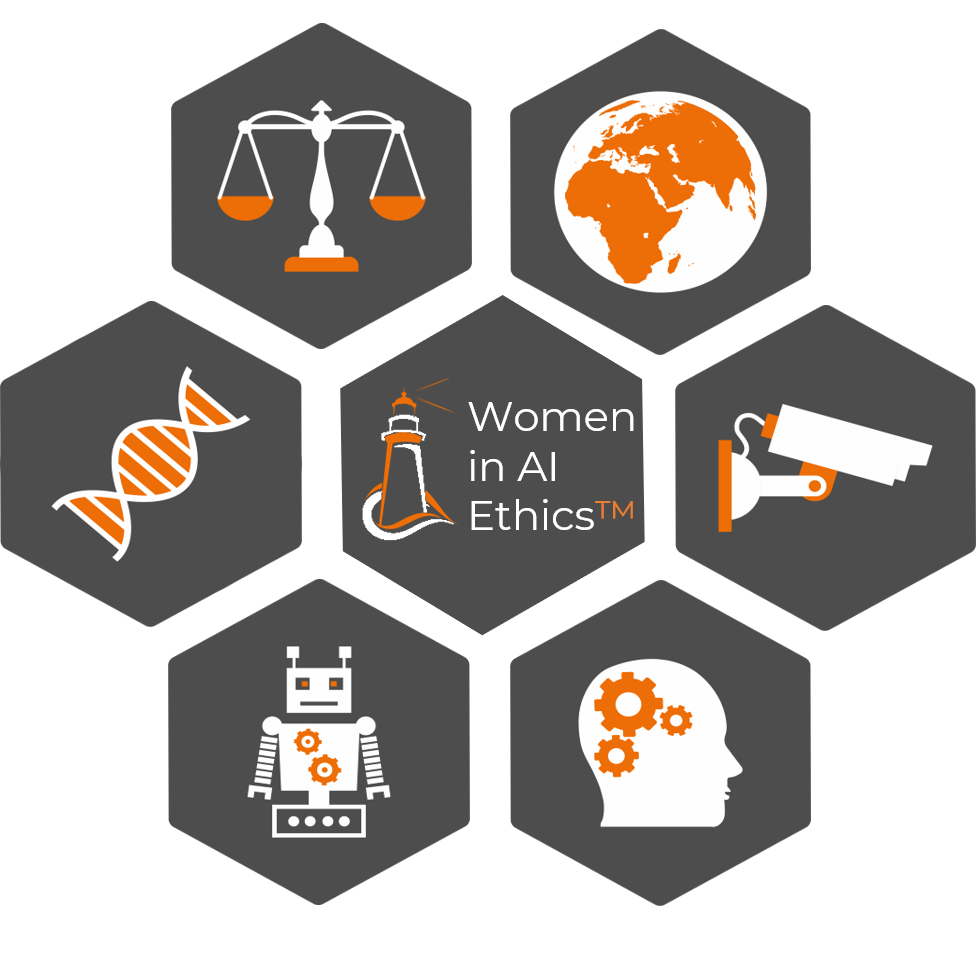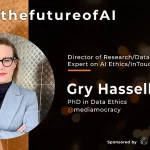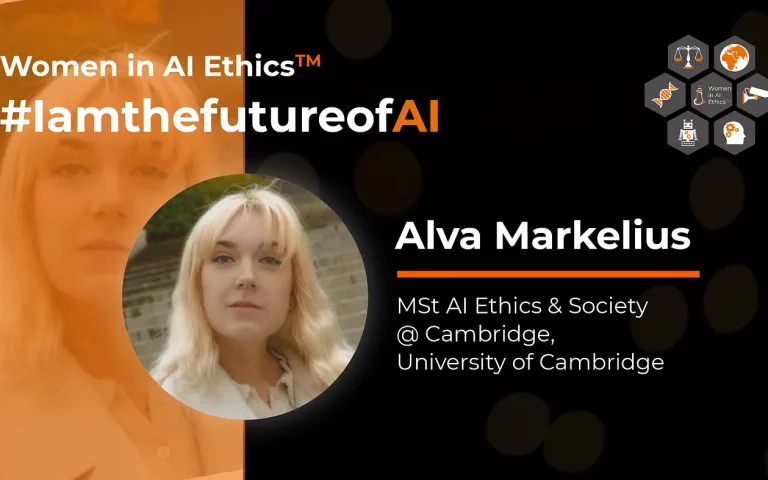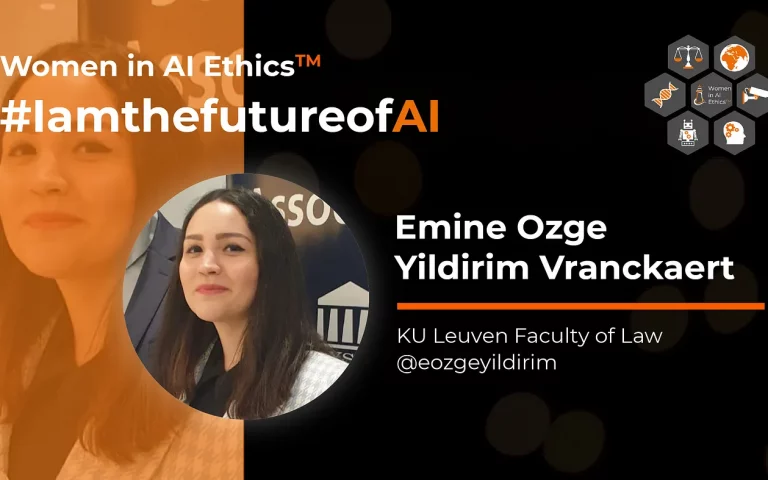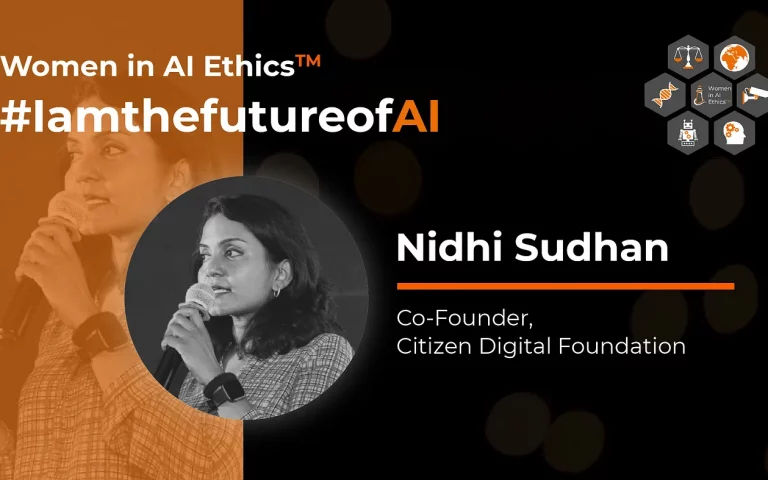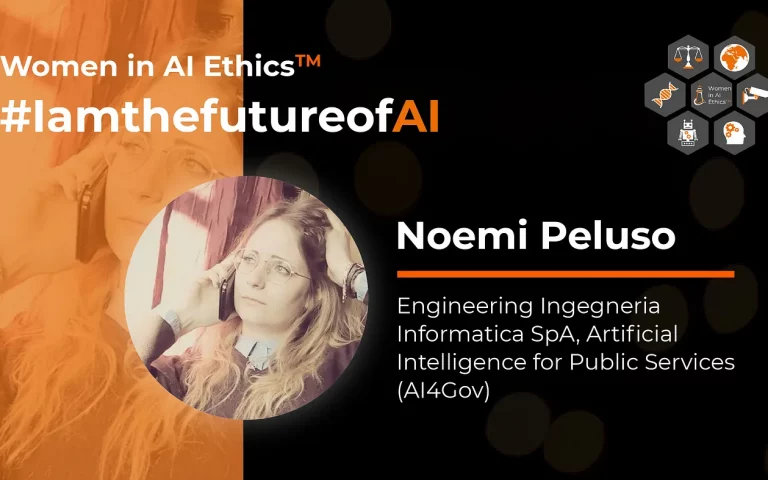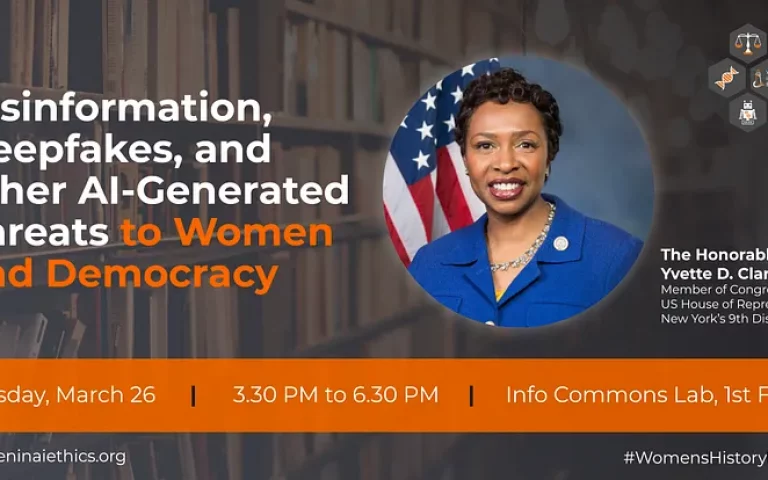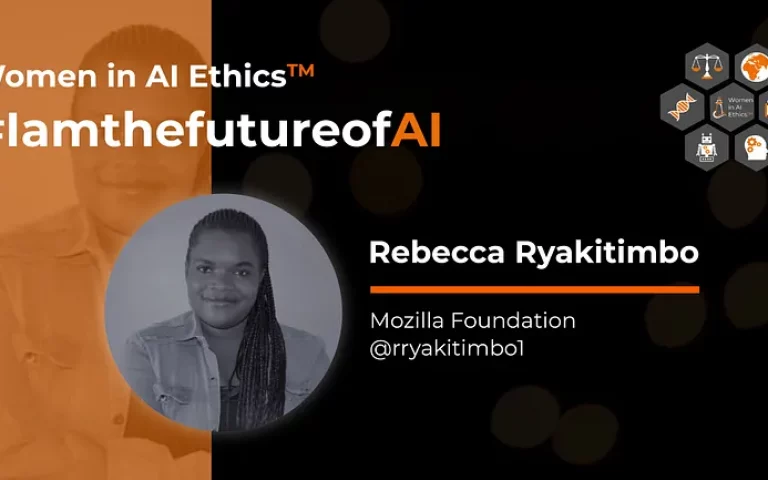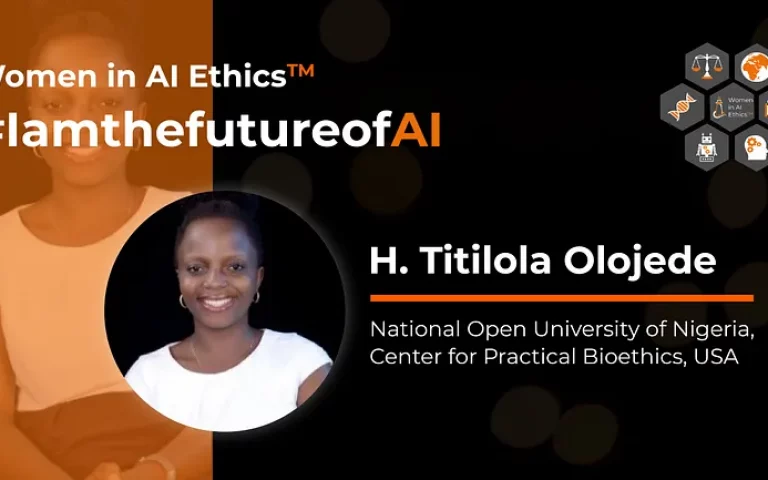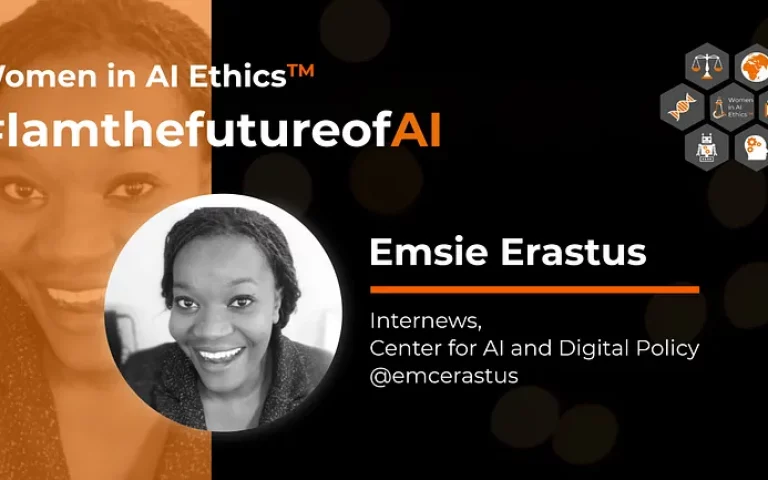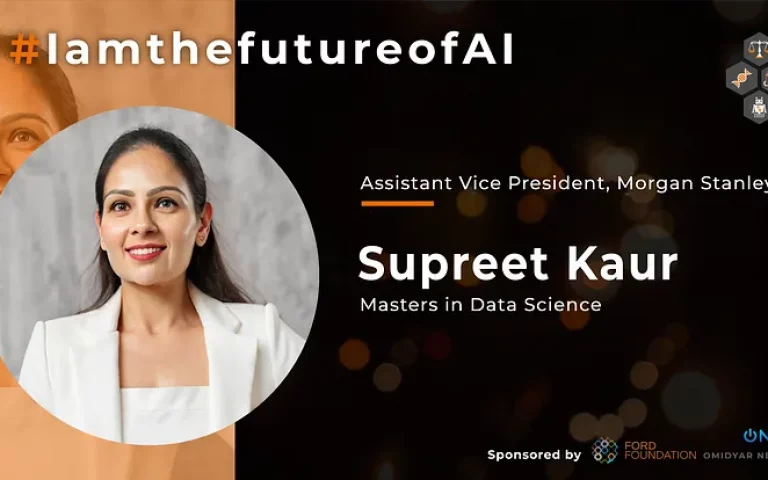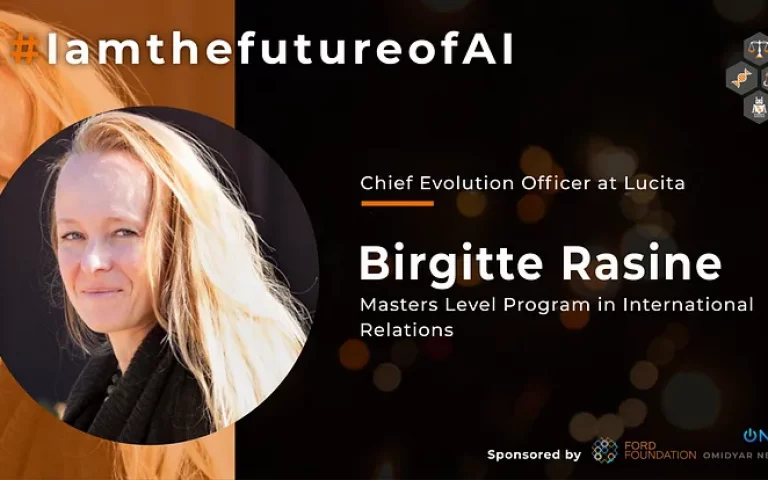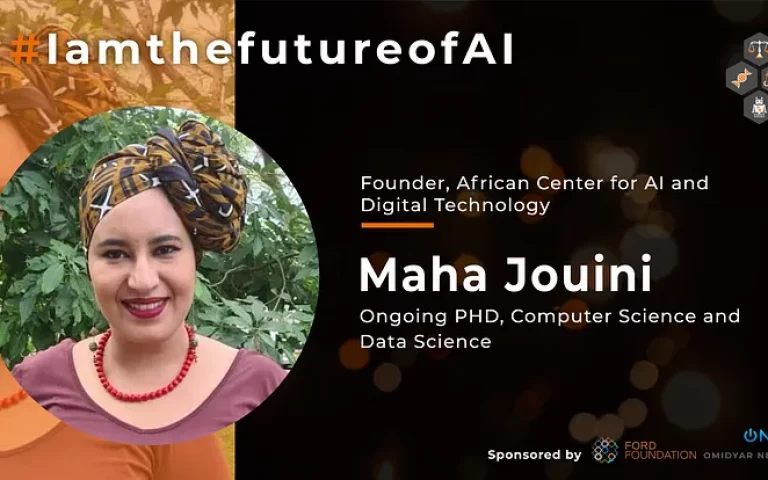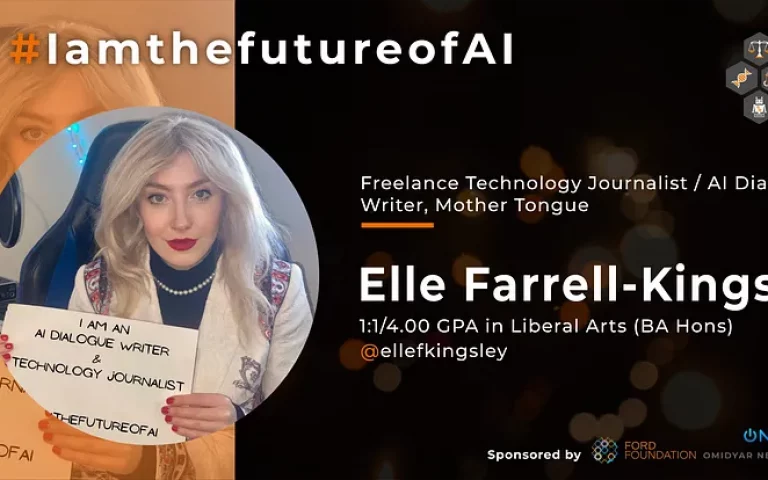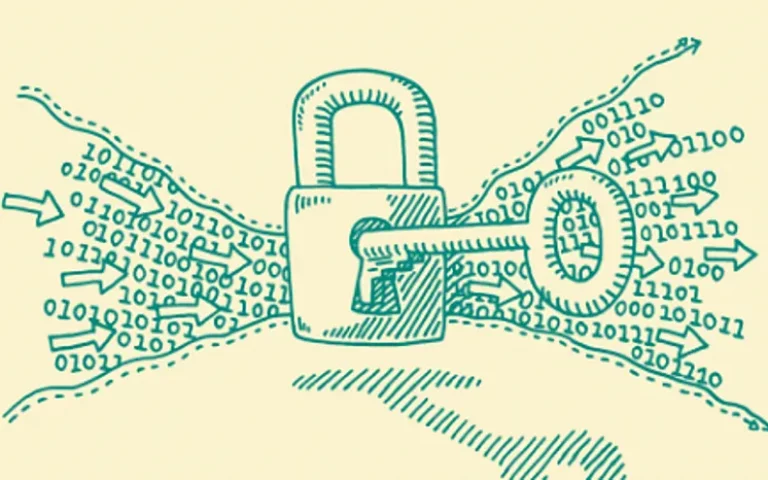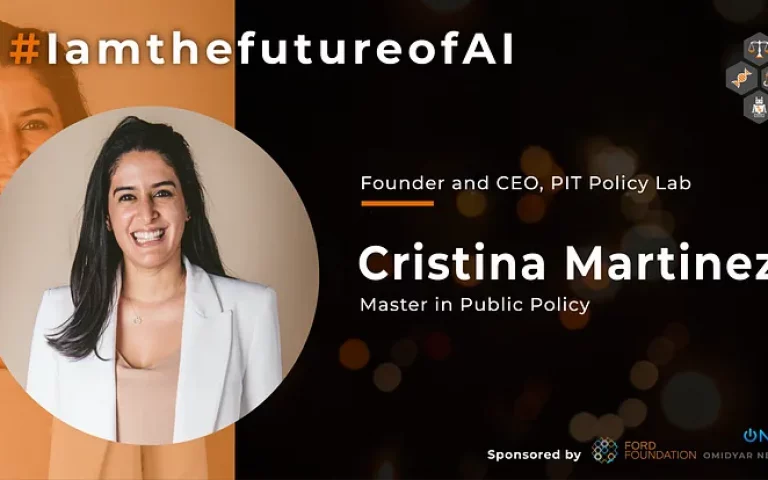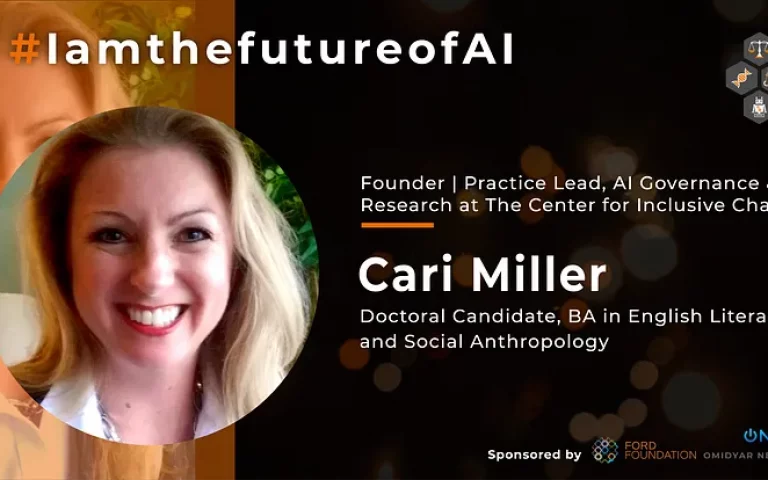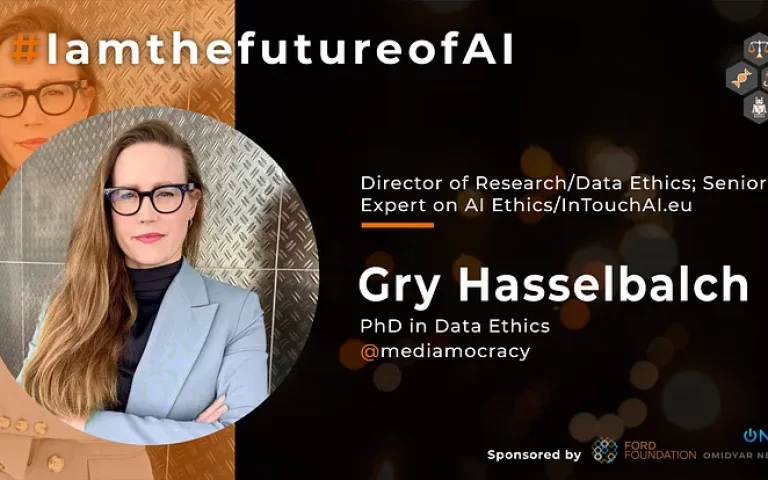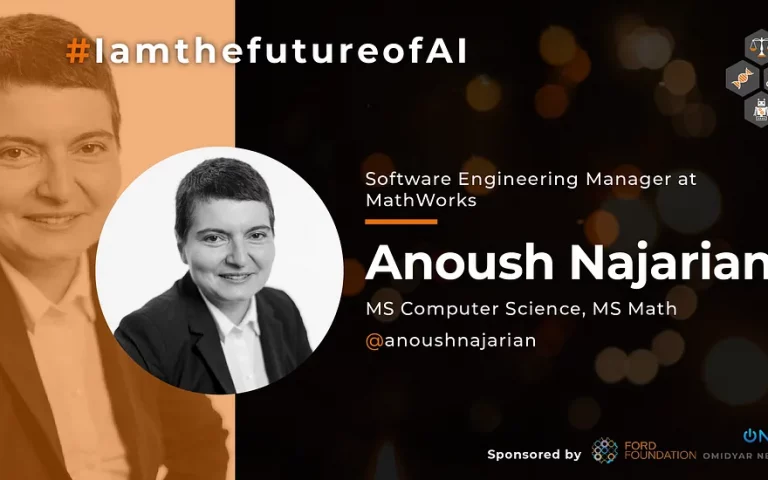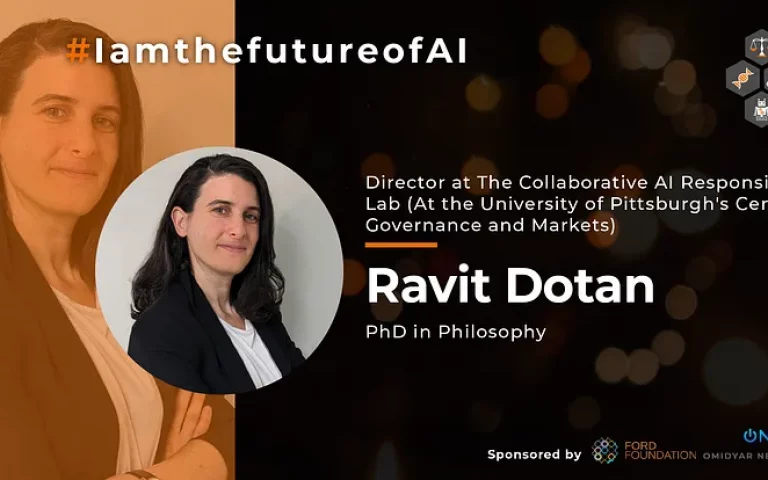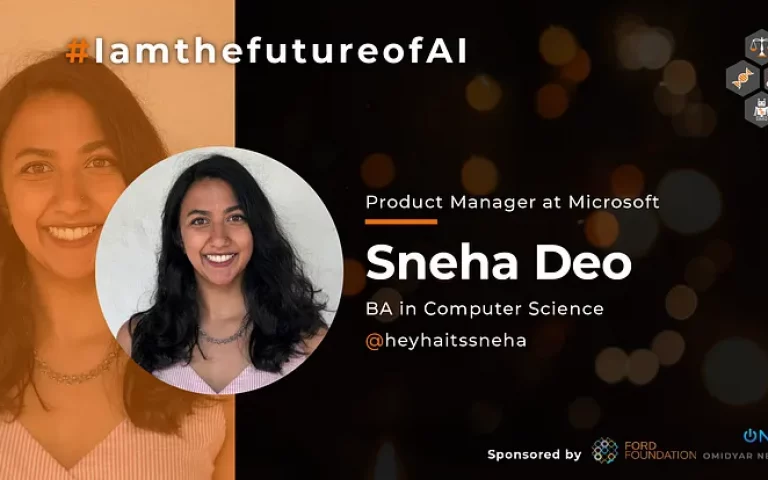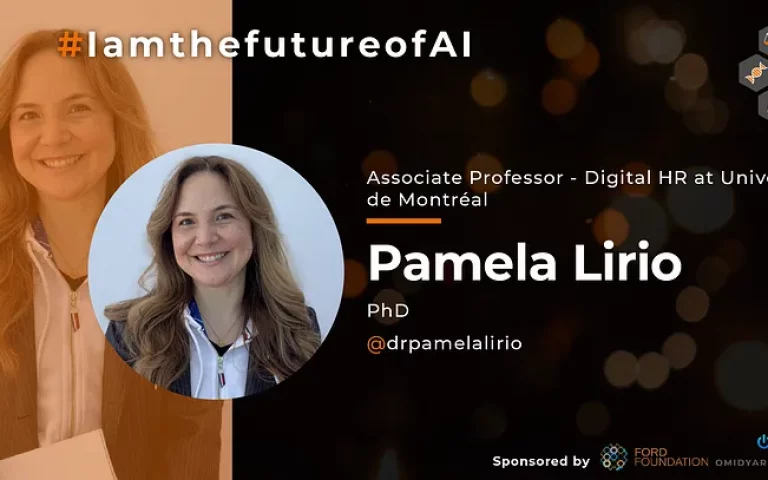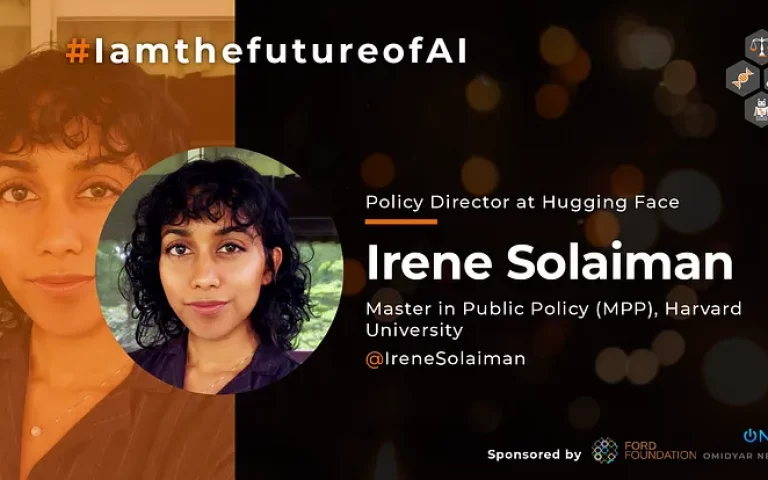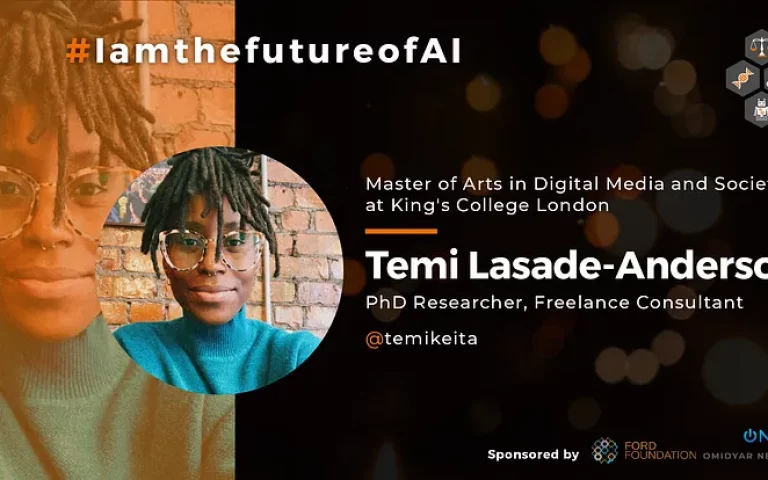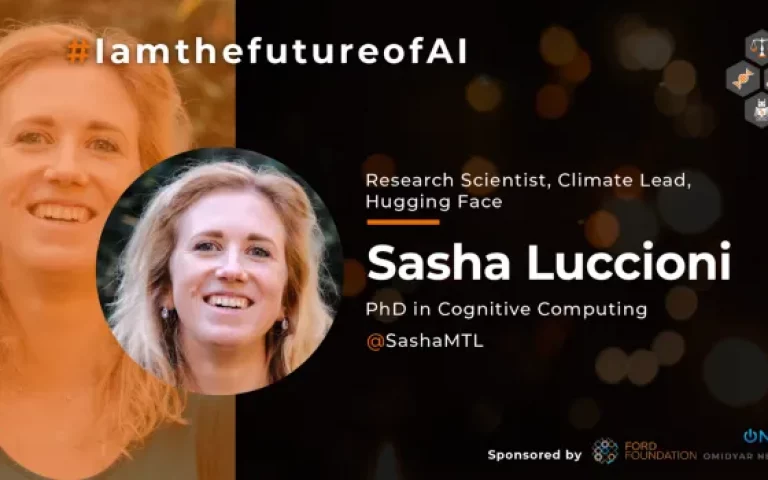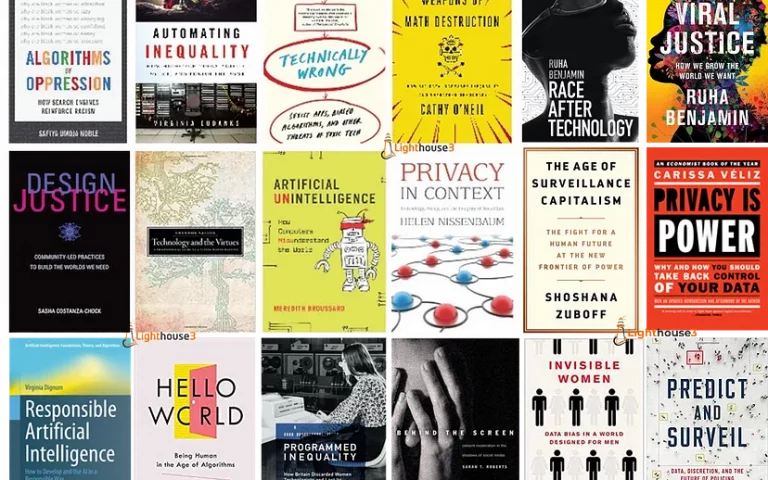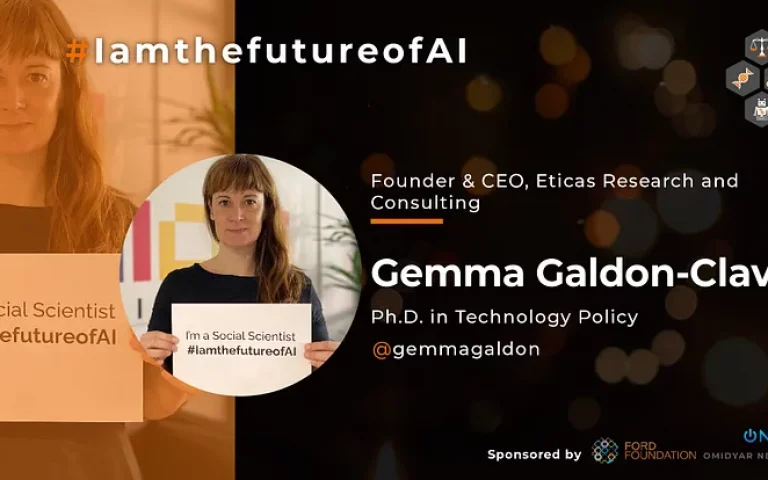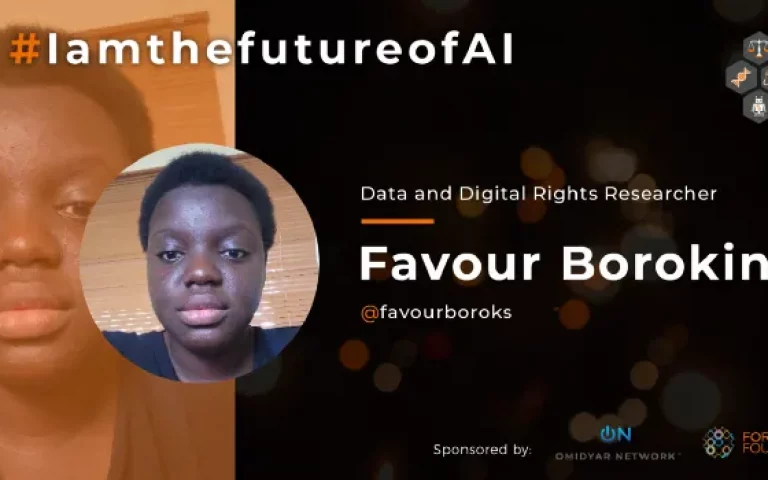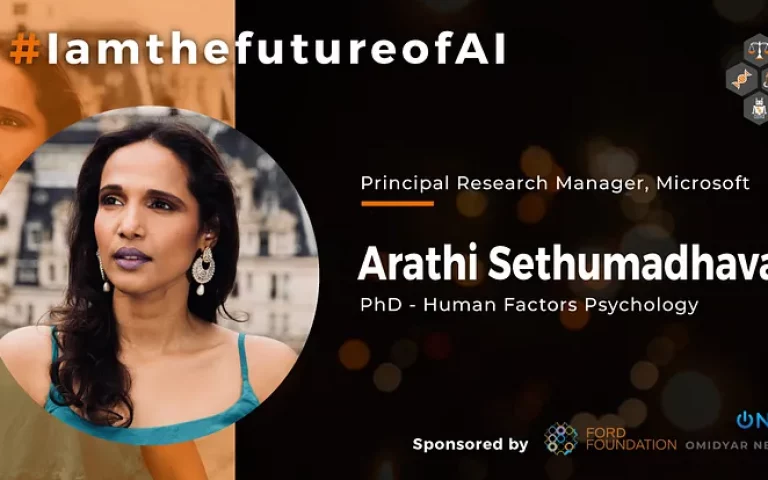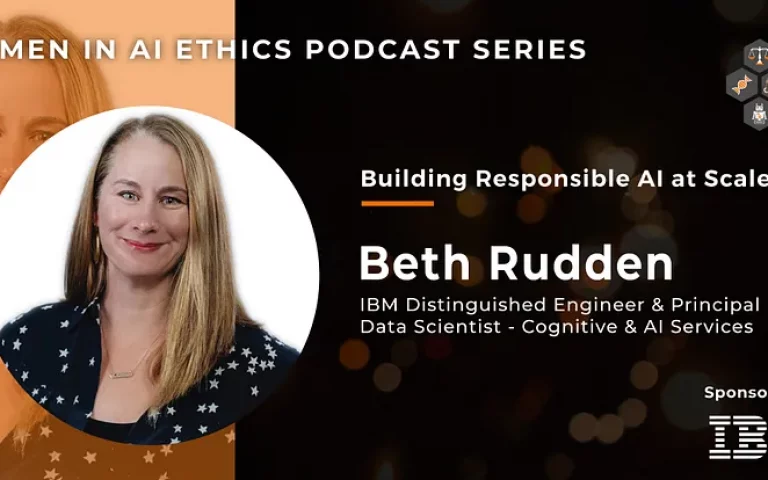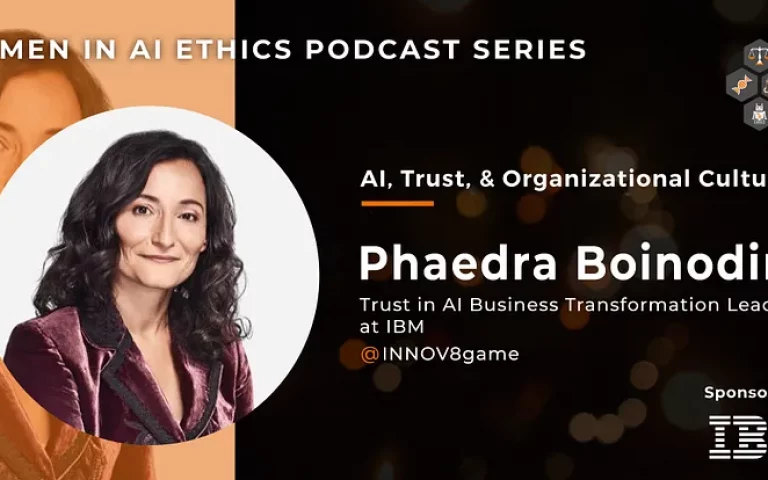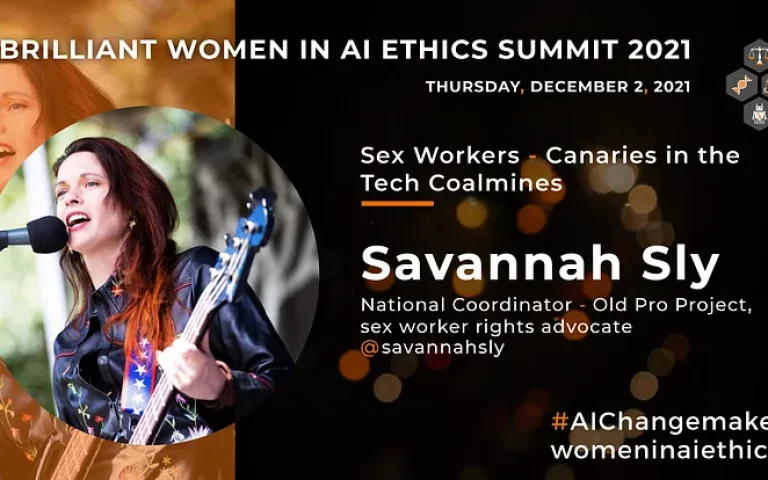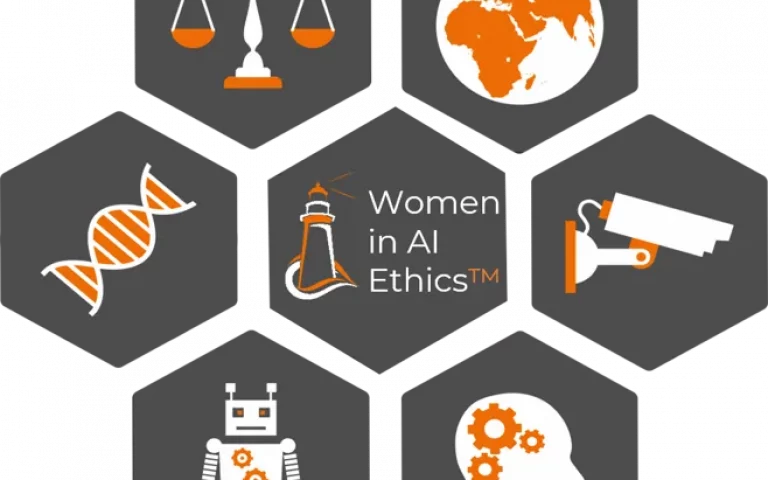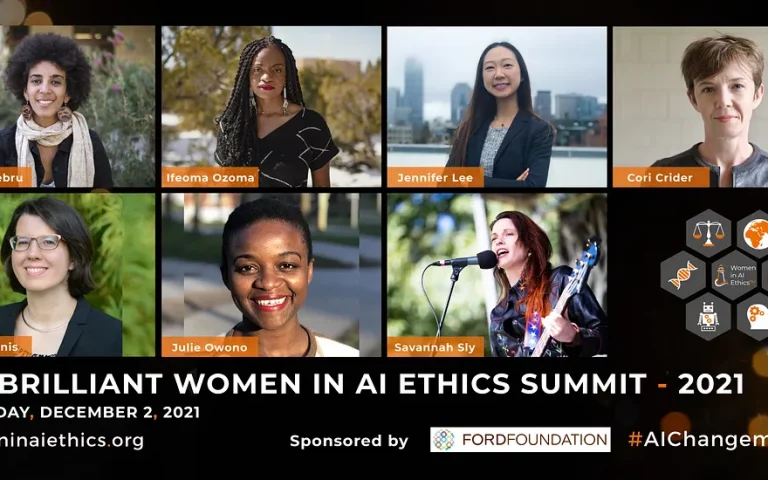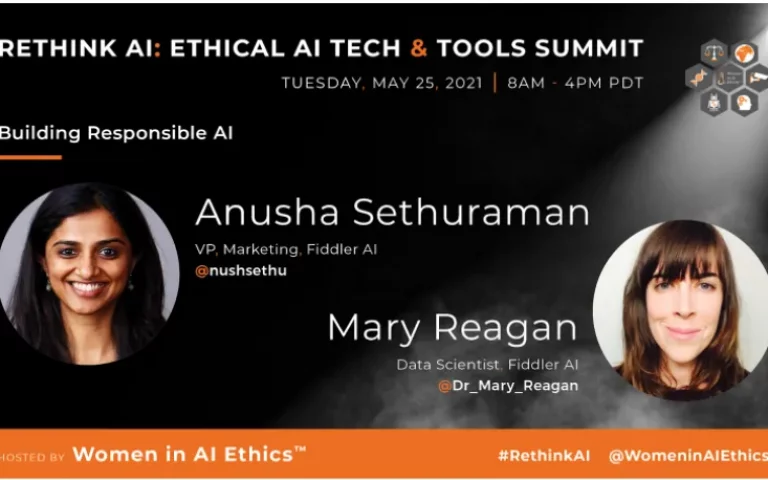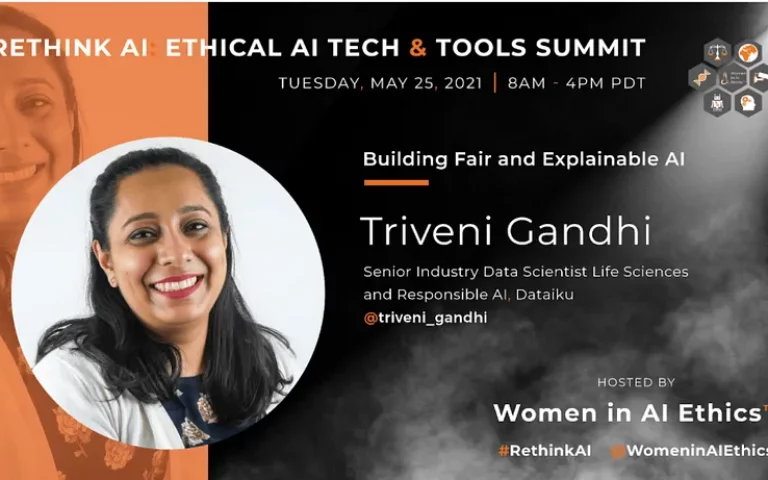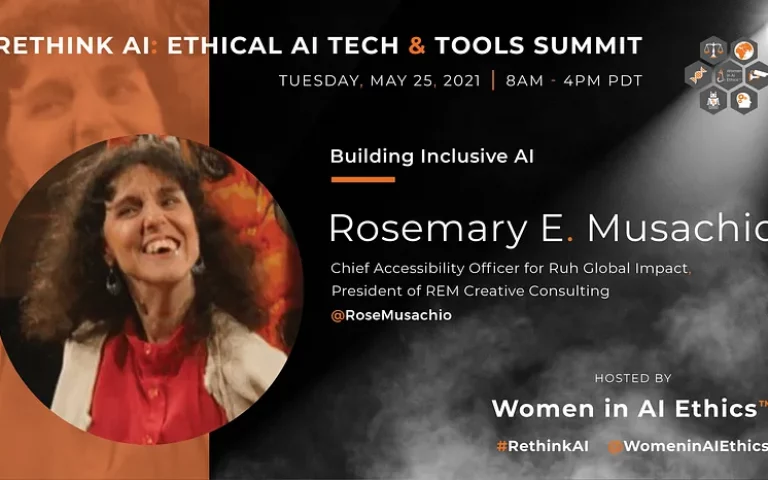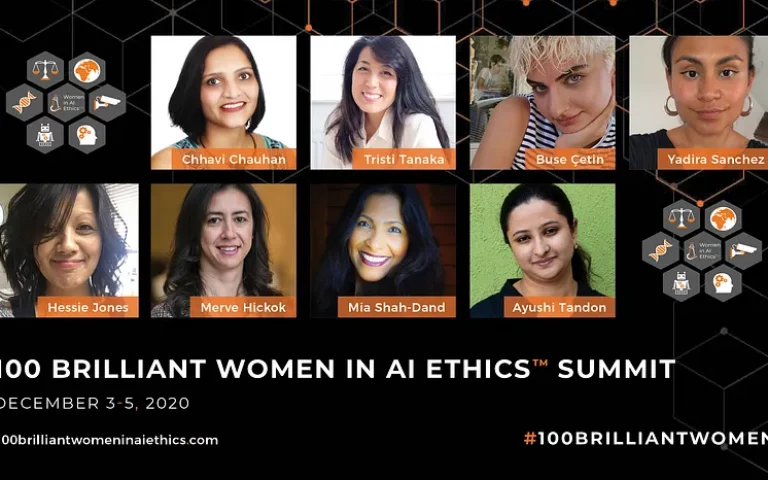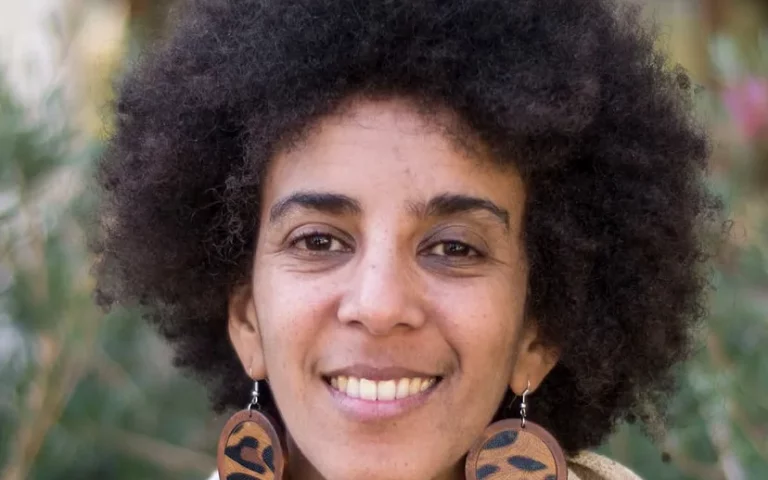In this quick yet enriching conversation, we talk to Lia Neves, Founder of EITIC, a consultancy service firm that provides independent advice and assistance on ethical issues. We centered our discussion on her career journey, thoughts, and future plans in the AI space with diversity in mind.
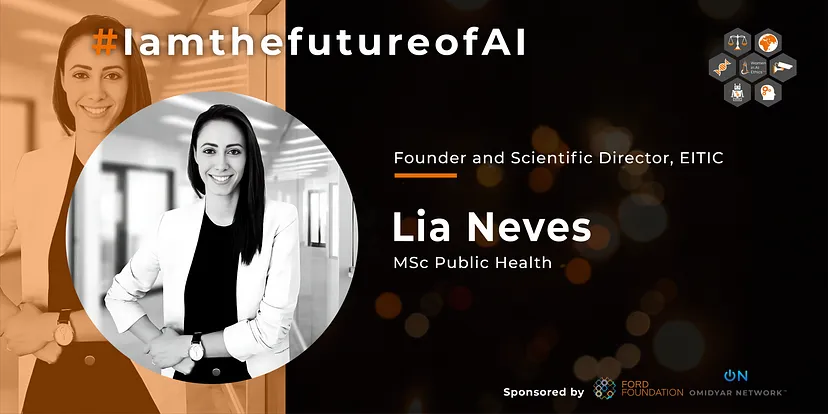
This interview is part of Women in AI Ethics (WAIE)’s “I am the future of AI” campaign launched with support from the Ford Foundation and Omidyar Network to showcase multidisciplinary talent in this space by featuring career journeys and work of women as well as non-binary folks from diverse backgrounds building the future of AI. By raising awareness about the different pathways into AI and making it more accessible, this campaign aspires to inspire participation from historically underrepresented groups for a more equitable and ethical tech future.
Can you share an incident that inspired you to join this space?
After my Philosophy degree, I started to study public health, and I spent several years working in academic institutions in Portugal, but I always thought about transferring academic knowledge to the business sector. Whenever dealing with study limitations, including commercial ones, I identified the gap on the company’s side. This made me want to be on other types of teams to share knowledge, especially in the artificial intelligence space and ethics.
How did you land your current role?
I am a professional with a diverse range of expertise, including management of science and technology, public health, and philosophy. My passion for making an immediate impact on society has led me to work on various research projects that combine social, and technological fields. Throughout my career, I have led projects involving a variety of parties, from governmental bodies to pharmaceutical or tech firms. However, when I was looking for a place in technology companies (in Portugal) in the ethics area, they were always occupied by the compliance sphere. I am a columnist for our Portuguese Press Association (use to write about Ethical issues, about the social impact of Artificial Intelligence or Tech), and to further my professional development, I started a project on ethical consulting that I was invited to present at WebSummit’s Women in Tech Lounge sponsored by Toptal I last November 2022.
What kind of issues in AI do you tackle in your day-to-day work?
Bias, consent, surveillance, research.
If you have a non-traditional or non-technical background, what barriers did you encounter and how did you overcome them?
I have a non-traditional or non-technical background. The biggest obstacle lies in the bias of my basic training in philosophy (the usual fallacies of starting from abstract models). To avoid this “stigmatization, I needed to work in several professional positions with different sectors to be considered relevant. But, in the most recent IA groups that I have had contact they still made a distinction between “STEAM women” and “women in technology”. There are many other barriers (such as gender).
Why is more diversity — gender, race, orientation, socio-economic background, other — in the AI ethics space important?
Diversity in the AI ethics space is important for several reasons (I cannot describe it just in 125 words). However, the AI ethics space has the potential to affect a wide range of demographics. The needs and viewpoints of those who are different from them may not be completely taken into account if the individuals building these spaces and systems all have similar backgrounds. For instance, gender, ethnicity, disabilities, and socio-economic background must be represented in technology to prevent marginalizing certain groups of people. Fewer voices in the AI ethics field may disproportionately represent the dominant group’s interests, further marginalizing minority groups. A broad collection of individuals working on AI ethics helps to ensure that all stakeholders’ ethical concerns are taken into account, which can improve problem-solving and produce more creative and fair solutions.
What is your advice to those from non-traditional backgrounds who want to do meaningful work in this space on how to overcome barriers like tech bro culture, lack of ethical funding/opportunities, etc.?
Establishing ties with others who share your enthusiasm for AI ethics is the first step in finding the correct allies. It’s also important to participate in online groups dedicated to AI ethics and attend conferences and events. It’s also crucial to search for mentors and training classes, workshops, and programs that can assist you in developing new talents. Finally:
advocate for change and stand up for Human Rights — always! Ethics in AI is not synonymous with compliance in AI— not being afraid to make this explicit is an important step.
Lia Neves works at the intersection of technology, business, and social sciences. Her background in Philosophy (BSc at FLUC-UC, Portugal) and Public Health (MSc at FMUL-UC, Portugal) allied with a deep concern for societal challenges, incited me to articulate research with positions in the industry, where I have been a strategy consultant, a project manager, an operations manager, and technical director of a non-profit organization. More recently she had training in cybersecurity as well as in the Leadership Development Program from Center Creative Leadership (CCL) ® — USA as Co-Leader of the Portuguese network from Lean IN.
She is an associate member of the Center for Biomedical Law at Coimbra University Law School (UC, Portugal).
Aware that we are the sum of our personal, social, cultural, artistic, and academic experiences, as well as their projects and their progressive professional evolution, Lia drew on all those dimensions to develop viable and fine-tuned solutions to complex dilemmas keeping a keen eye for values-based innovation strategies.
You can find out more about EITIC here and connect with her on LinkedIn.
